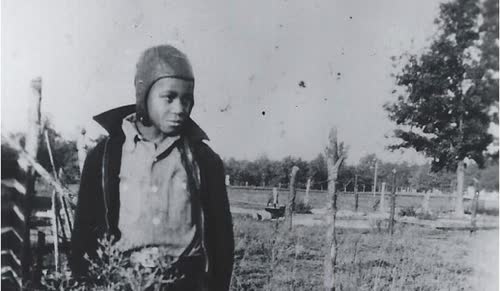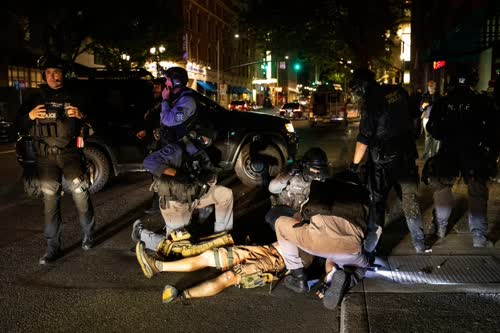When millions of African-Americans fled the South in search of a better life, they remade the nation in ways that are still being felt.
The migration began, like the flap of a sea gull’s wings, as a rivulet of black families escaping Selma, Alabama, in the winter of 1916. Their quiet departure was scarcely noticed except for a single paragraph in the Chicago Defender, to whom they confided that “the treatment doesn’t warrant staying.” The rivulet would become rapids, which grew into a flood of six million people journeying out of the South over the course of six decades. They were seeking political asylum within the borders of their own country, not unlike refugees in other parts of the world fleeing famine, war and pestilence.
Until that moment and from the time of their arrival on these shores, the vast majority of African-Americans had been confined to the South, at the bottom of a feudal social order, at the mercy of slaveholders and their descendants and often-violent vigilantes. The Great Migration was the first big step that the nation’s servant class ever took without asking.
“Oftentimes, just to go away is one of the most aggressive things that another person can do,” wrote John Dollard, an anthropologist studying the racial caste system of the South in the 1930s, “and if the means of expressing discontent are limited, as in this case, it is one of the few ways in which pressure can be put on.”
A little boy boarded a northbound train with his grandmother and extended family, along with their upright piano and the rest of their worldly possessions, stuffed inside wooden crates, to begin their journey out of Mississippi. It was 1935. They were packed into the Jim Crow car, which, by custom, was at the front of the train, the first to absorb the impact in the event of a collision. They would not be permitted into the dining car, so they carried fried chicken and boiled eggs to tide them over for the journey.
The little boy was 4 years old and anxious. He’d overheard the grown-ups talking about leaving their farm in Arkabutla, to start over up north. He heard them say they might leave him with his father’s people, whom he didn’t know. In the end they took him along. The near abandonment haunted him. He missed his mother, who would not be joining them on this journey; she was away trying to make a stable life for herself after the breakup with his father. He did not know when he would see her again.
His grandfather had preceded them north. He was a hardworking, serious man who kept the indignities he suffered under Jim Crow to himself. In Mississippi, he had not dared stand up to some white children who broke the family’s wagon. He told the little boy that as black people, they had no say in that world. “There were things they could do that we couldn’t,” the boy would say of the white children when he was a grown man with gray hair and a son of his own.
The grandfather was so determined to get his family out of the South that he bought a plot of land sight unseen in a place called Michigan. On the trip north, the little boy and his cousins and uncles and aunts (who were children themselves) did not quite know what Michigan was, so they made a ditty out of it and sang it as they waited for the train. “Meatskin! Meatskin! We’re going to Meatskin!”
They landed on freer soil, but between the fears of abandonment and the trauma of being uprooted from his mother, the little boy arrived with a stutter. He began to speak less and less. At Sunday school, the children bellowed with laughter whenever he tried. So instead, he talked to the hogs and cows and chickens on the farm, who, he said years later, “don’t care how you sound.”
The little boy went mute for eight years. He wrote down the answers to questions he was asked, fearing even to introduce himself to strangers, until a high school English teacher coaxed him out of his silence by having him read poetry aloud to the class. That boy was James Earl Jones. He would go on to the University of Michigan, where he abandoned pre-med for theater. Later he would play King Lear in Central Park and Othello on Broadway, win Tony Awards for his performances in Fences and in The Great White Hope and star in films like Dr. Strangelove, Roots, Field of Dreams and Coming to America.
The voice that fell silent for so long would become among the most iconic of our time—the voice of Darth Vader in Star Wars, of Mufasa in The Lion King, the voice of CNN. Jones lost his voice, and found it, because of the Great Migration. “It was responsible for all that I am grateful for in my life,” he told me in a recent interview in New York. “We were reaching for our gold mines, our freedom.”
----------
On a personal note, I talked with James Earl Jones once; he's always been my hero. You might think, many years later in the time of star wars the pejoratives might have ended. Not so it turns out. Spielberg is no saint.

